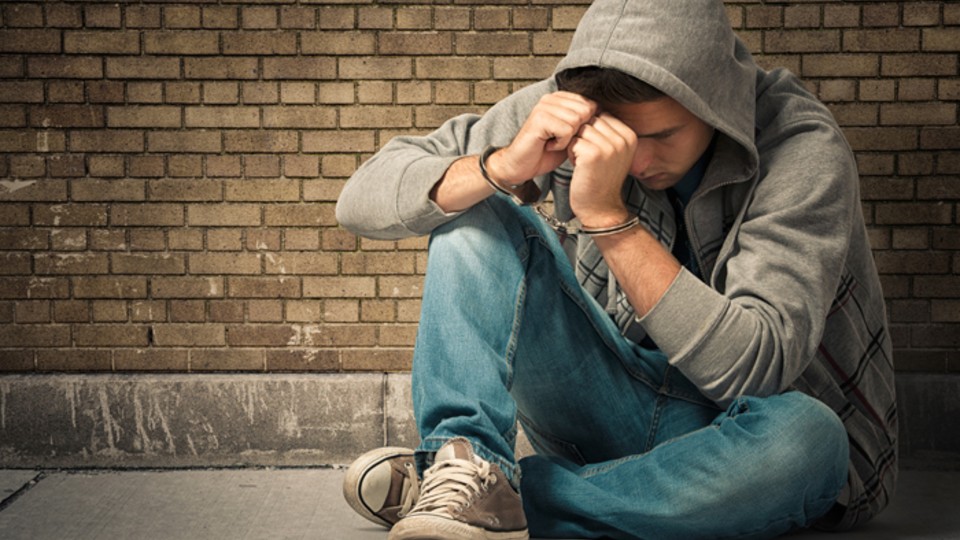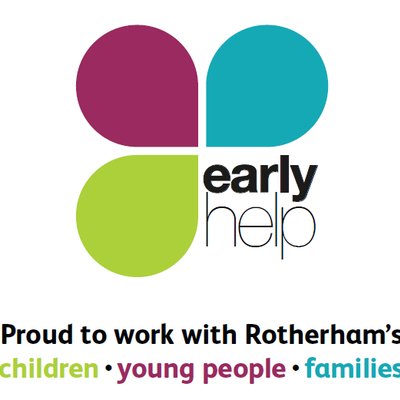
What Happens if I Am Arrested?
If a police officer thinks you have been involved in a crime they can arrest you and take you to a police station. If you are under 18, the police must tell your parent or carer as soon as possible.
The police officer should tell you:
- why you are being arrested
- which crime they think you have committed
- that you are not free to leave
The officer can use reasonable force as a last resort to stop you trying to run away
If you have been arrested, you’ll be taken to the custody desk at the police station.
The officer at the desk, the custody officer, will tell you why you’re being held.
You should tell the custody officer your:
- name
- age
- address
- home telephone number
- school
You’ll be searched to make sure you don’t have anything on you that you shouldn’t, like a weapon. The police will take your property, like phones and money, while you are in the station. You’ll get these back when you’re let out.
The custody officer will contact your parents or carer. You’ll be offered free help from a solicitor. You can ask to read the police rule book called the Codes of Practice. This tells you how the police should treat you.
You will be put in a detention room, which will be like a jail cell, until your parents or carers arrive. You don’t have to answer any police questions until your parents or carers get there. The cells will probably be covered by cameras which may also record sound.
Getting Charged With a Crime
The police or the Crown Prosecution Service (CPS) will decide if you should be charged, depending on whether there is enough evidence.
If the crime you’re arrested for is serious, like robbery or burglary, or if you have already been warned by the police, you could be charged.
If there isn’t enough evidence, the police could let you go and:
- try to collect more evidence
- not take any more action
Charging is when you are officially accused of the crime, and you will have to go to court
If it’s the first time you have been in trouble, and the crime isn’t too serious, the police could:
- officially tell you off - give you a youth caution
- give you a warning
- get you to agree to behave - making you sign a contract
- ask you to take part in a ‘restorative justice’ conference
If you get in trouble again, you could be charged with a crime and made to go to court.
Further Help and Support
Childline - Get help and advice about a wide range of issues, talk to a counsellor online.
Samaritans - Available 24 hours a day to provide confidential emotional support for people who are experiencing feelings of distress, despair or suicidal thoughts.
Advice and Support
You can always talk to a Youth Support Worker.
Contact: EarlyHelp-enquiries@rotherham.gov.uk
Call: 01709 334905

